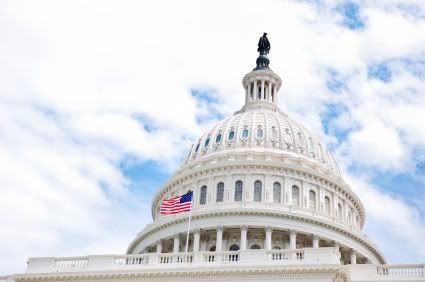We’ve already blogged on Peggy Noonan’s eloquent column last week on the disconnect between Washington, D.C., and the rest of the country it dominates.
The disconnect is important because the men and women who work in the hothouse atmosphere of this town, especially on Capitol Hill, in the executive branch, and in the media, have a profound effect on the lives of the people who don’t live here.
Now Scott Rasmussen comments on another sign of the gulf between Washington and the reality of the United States outside of Washington. It involves a list and Census data:
A theoretical listing of the best states put together by a publication for Washington insiders rates New Hampshire as the best state in the union, and finds that nine of the 10 worst states are in the American South.
However, if you look at Census Bureau data showing where Americans move to and from, five of the top seven states are from the South, and the worst states are New York, Illinois and California. Nine of the 10 worst states by this measure come from either the Northeast or Midwest.
No matter where you look, the differences between the two lists are pretty dramatic. Politico, for example, places Texas a mere 35th on its list, but Americans voting with their feet make Texas No.1. The states most underrated by Politico are Tennessee (48th according to theory, seventh according to reality) and South Carolina (46th in theory, sixth in reality). In fact, the eight most underrated states all come from the South. …
There are two possible explanations [for the discrepancies]. Either the Politico rankings are wrong or the American people are stupid.
I’m going to go with the former. The American people, as Rasmussen points out, make reasonable decisions on things that are important to them. Contrast that with the decision making of those who work on Capitol Hill, which foisted upon the country a monstrosity known as ObamaCare.
Washington’s sense of what is important provides a contrast with the rest of the country and leads politicians to design programs and pass laws that people don’t like.
Without commenting on immigration, an issue about which I am conflicted, I think that the GOP’s recent plan for immigration reform reflects not the views of the people they represent but rather reflects the hothouse atmosphere of Washington debates. The disconnect is bipartisan.


